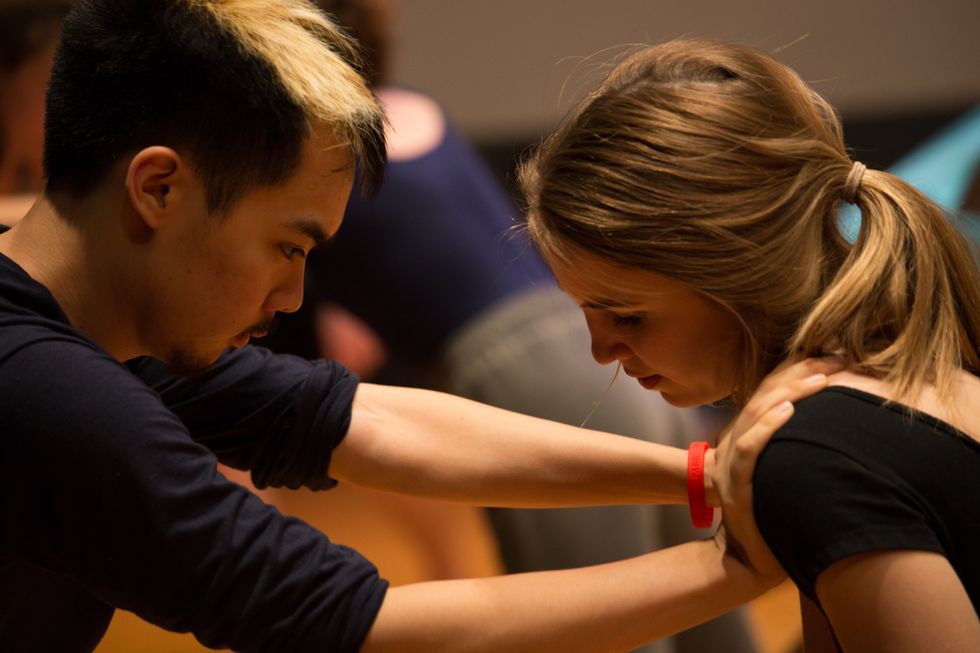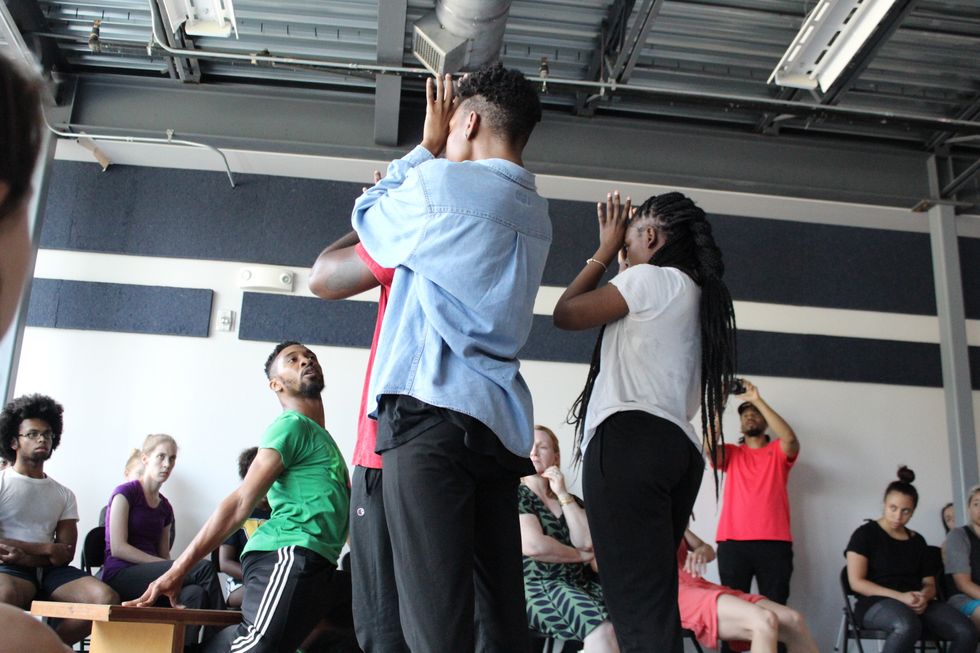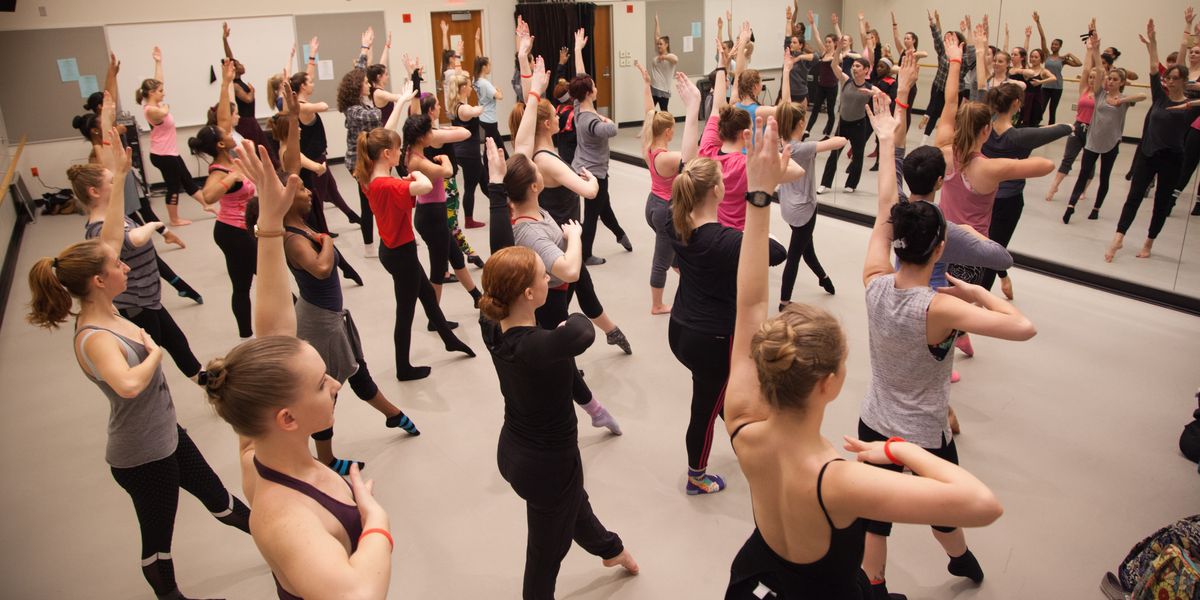6 Things Dance Majors Should Do As They Prepare to Graduate
As graduation day looms, college seniors might find themselves reeling with both excitement and dread. “They have to navigate this tender moment where they’re opening their wings and about to jump out of the dance department and wondering if the ground is going to catch them,” says Courtney Harris, interim chair of the dance and choreography department at Virginia Commonwealth University. Today’s job market is no cakewalk, but there are meaningful steps that students can take throughout college to make the transition easier.
Strategies for Success
1. Lean on faculty. Take advantage of the professionals at your fingertips. Sit down with a professor who has expertise in the field you’re interested in. Use their insight to set realistic goals, and get their advice on how to achieve them.
2. Cultivate diverse skills. At VCU, dance students are exposed to courses in everything from choreography to dance criticism, Harris says. These classes allow dance majors to explore different parts of the industry and potentially fall in love with something new. Use your college years to develop a diverse set of skills and even test them out at an internship, if possible.
3. Make connections. Take time to invest in relationships with your peers, professors and other professionals. Alvin Mayes, head of dance performance and scholarship at the University of Maryland, encourages his students to attend master classes, summer dance workshops, conferences, community dance events and outside classes. Not only will this refine your dancing, but the ties you build could help you score a job.
 Geoff Sheil, Courtesy University of Maryland
Geoff Sheil, Courtesy University of Maryland
4. Prep for auditions. Susan Jaffe, dean of dance at the University of North Carolina School of the Arts, suggests compiling a list of all of the companies you’re interested in dancing for. Then, whittle it down to about five realistic options, and meet with a faculty member to discuss your strategy for setting up auditions and possibly connecting with those directors. Jaffe advises her students to look for companies with dancers that have a similar style and body type as they do.
5. Assemble the essentials. Before you graduate, get your dance reel, headshots, resumé and cover letters ready to go. If your college doesn’t have a class that helps you compile these, ask for feedback from a professor.
6. Build your pluck. To make it in the professional world, dancers need grit and perseverance. Take time to identify your strengths and practice exuding confidence whether you’re taking a casual technique class or standing in front of a director. “Nobody makes it to the top by not liking how they dance themselves,” says Jaffe.
 Johnnie Cruise Mercer/TheREDprojectNYC
Johnnie Cruise Mercer/TheREDprojectNYC
Ellen Kilby, Courtesy Mercer
Carve Your Own Path
Throughout his time at VCU, Johnnie Cruise Mercer often experimented with movement, producing concerts on his own. By his senior year, he had created an evening-length piece with a peer and performed professionally with Charles O. Anderson. Although he had his sights set on New York City when he graduated in 2014, he recognized that there weren’t many company contracts available. “I’m pretty relentless,” he says. “I’m not someone who waits.” So he focused his efforts on building his own company. Within a year, Johnnie Cruise Mercer/TheREDproject premiered its first show in Richmond, Virginia. Today, Mercer has transitioned the company to New York City, achieving his goal by creating his own opportunity.






